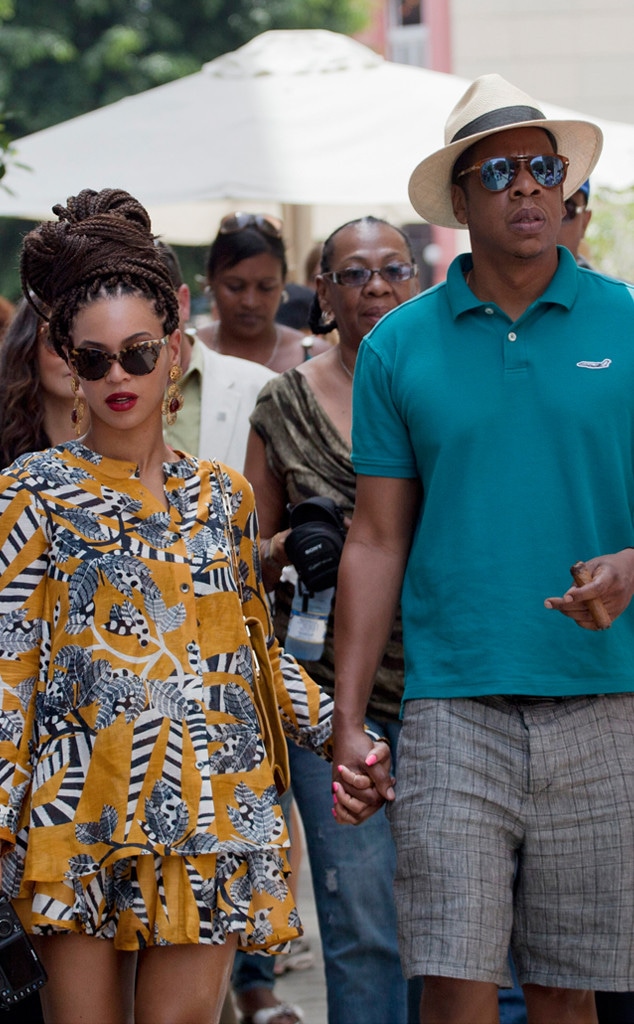 AP Photo/Ramon Espinosa
AP Photo/Ramon EspinosaBeyoncé and Jay-Z's trip to Cuba raised some eyebrows and prompted more than a few questions.
And, it turns out, there's an answer!
The U.S. Department of the Treasury responded today to an inquiry from Florida lawmakers who wanted to know just how the A-list couple scored permission to visit the Communist-ruled island nation, which remains off-limits when it comes to just-for-the-heck-of-it American tourism.
In a letter obtained by E! News, Alastair M. Fitzpayne, the Treasury Department's assistant secretary for legislative affairs, writes to Reps. Mario Diaz-Balart and Ileana Ros-Lehtinen of Florida that it was his agency's "understanding that the travelers in question traveled to Cuba pursuant to an educational exchange trip organized by OFAC to sponsor and organize programs to promote people-to-people contact in Cuba."
Meaning, Beyoncé and Jay-Z's anniversary-coinciding trip to Havana went through the appropriate channels.
The Treasury's Office of Foreign Assets Control (OFAC) enforces and administers economic trade sanctions and is the same agency that investigated Michael Moore for possibly violating a federal travel ban when he filmed part of his documentary Sicko in Cuba.
Fitzpayne's letter states that OFAC does not request the identities of the travelers on each trip, but that all travel-service providers and carriers are required to receive documentation of the travelers' OFAC authorization—criteria the Treasury Department applies "uniformly and does not make any exceptions," he writes.
As for the aspects of Beyoncé and Jay-Z's trip that seemed more, er, leisurely than educational?
"OFAC does not restrict the subject matter of the educational activities so long as they are designed to result in meaningful interaction with the Cuban people," Fitzpayne writes, "and travelers pursuing a full-time schedule of educational exchange activities may engage in non-educational activities off-hours."
Olé!
—Reporting by Senta Scarborough